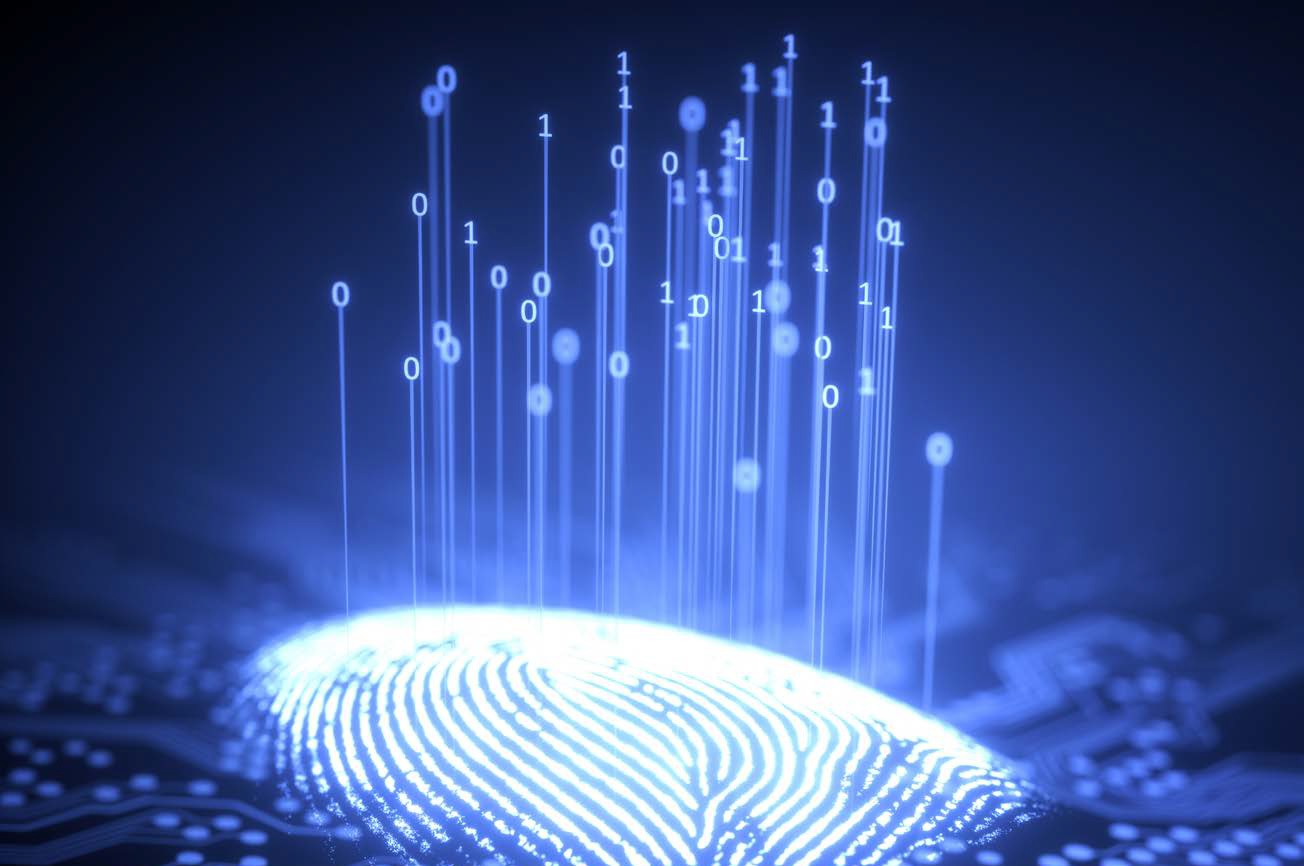
 In an age where cross jurisdictional cooperation is high on the agenda, it was not surprising that COAG’s data sharing announcement stole the spotlight.
In an age where cross jurisdictional cooperation is high on the agenda, it was not surprising that COAG’s data sharing announcement stole the spotlight.
The state’s commitment to share the biometric data of most Australians was announced at the special COAG on national security held in Canberra on 5 October. At this meeting, state leaders were clearly united on the need share information across the country.
In its communique, COAG said that the new arrangements “will help protect Australians by making it easier for security and law enforcement agencies to identify people who are suspects or victims of terrorist or other criminal activity.”
The data sharing includes access not only to passport photos but also photos from driving licences.
Prime Minister Malcolm Turnbull said at the following news conference that “This is not accessing information, photo ID information that is not currently available. We’re talking about bringing together essentially, federal government photo IDs, passports, visas and so forth, together with driver’s licences.”
And that is the point. All of this data is currently accessible. But it is the sharing of the data between states and territories that has been cumbersome and in most cases completely lacking. And this lack of sharing is not just limited to biometrical data. As it stands now, police in one jurisdiction have little, to no, real time access to criminal intelligence held in another state. And this can have dire consequeces.
In 2006, two Victorian women were assaulted and murdered in their Altona home. The offender, William John Watkins, left Victoria and drove across South Australia and into Western Australia, where he was stopped for failing to pay for petrol. The police officer, not knowing that the driver was wanted for a double homicide, approached the car with minimal intelligence at his fingertips. What ensued was a violent altercation resulting in the death of Watkins, shot in self-defence. In the state coroner’s report into the shooting, it said:
“The State Coroner also found that although a computer check was conducted on both the deceased and his vehicle prior to the police officer attempting to apprehend him in respect of the offence of stealing petrol, no information was available either as to the recently committed offences or even in respect of the prior criminal record of the deceased.”…Click HERE to read full article.





